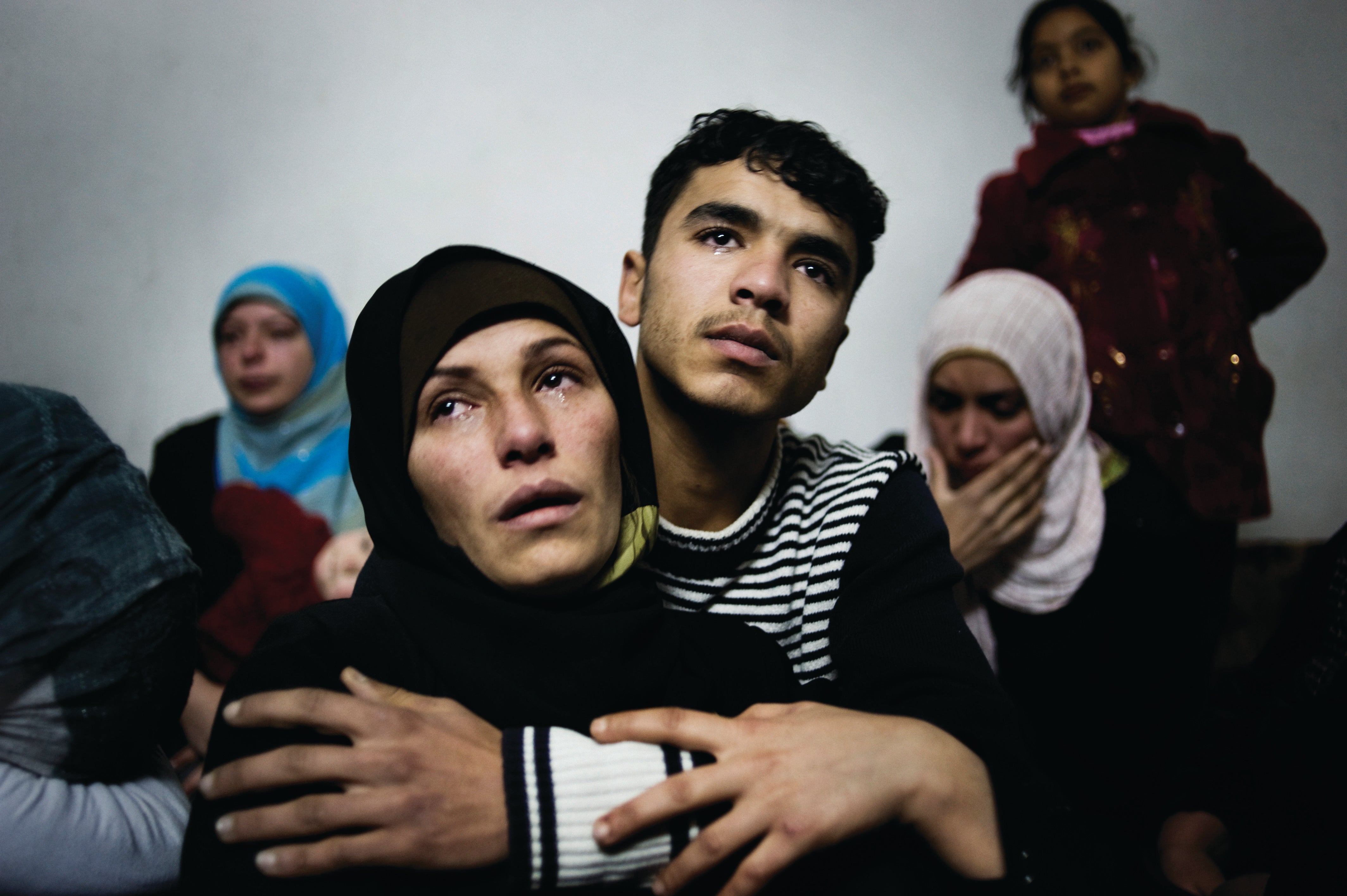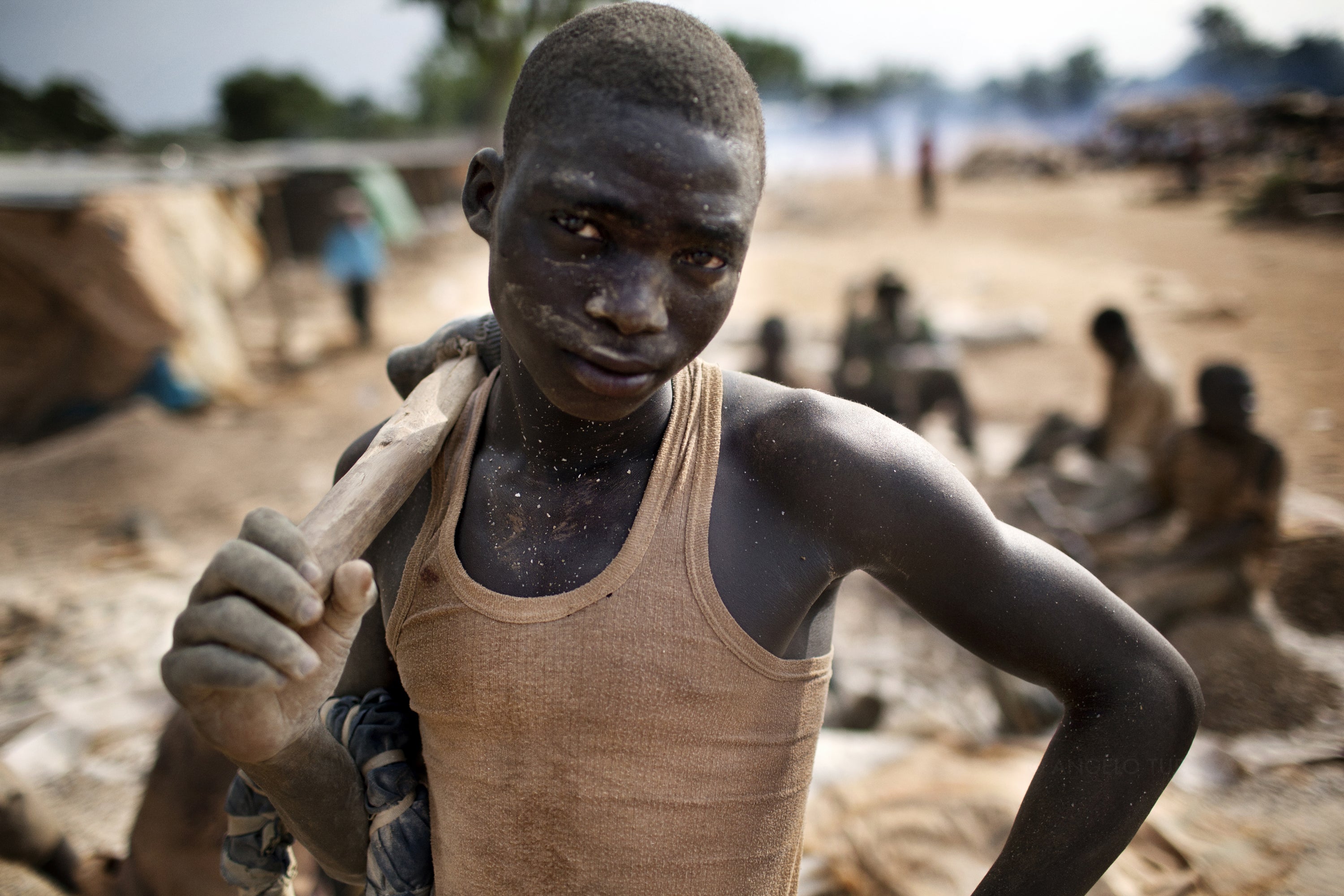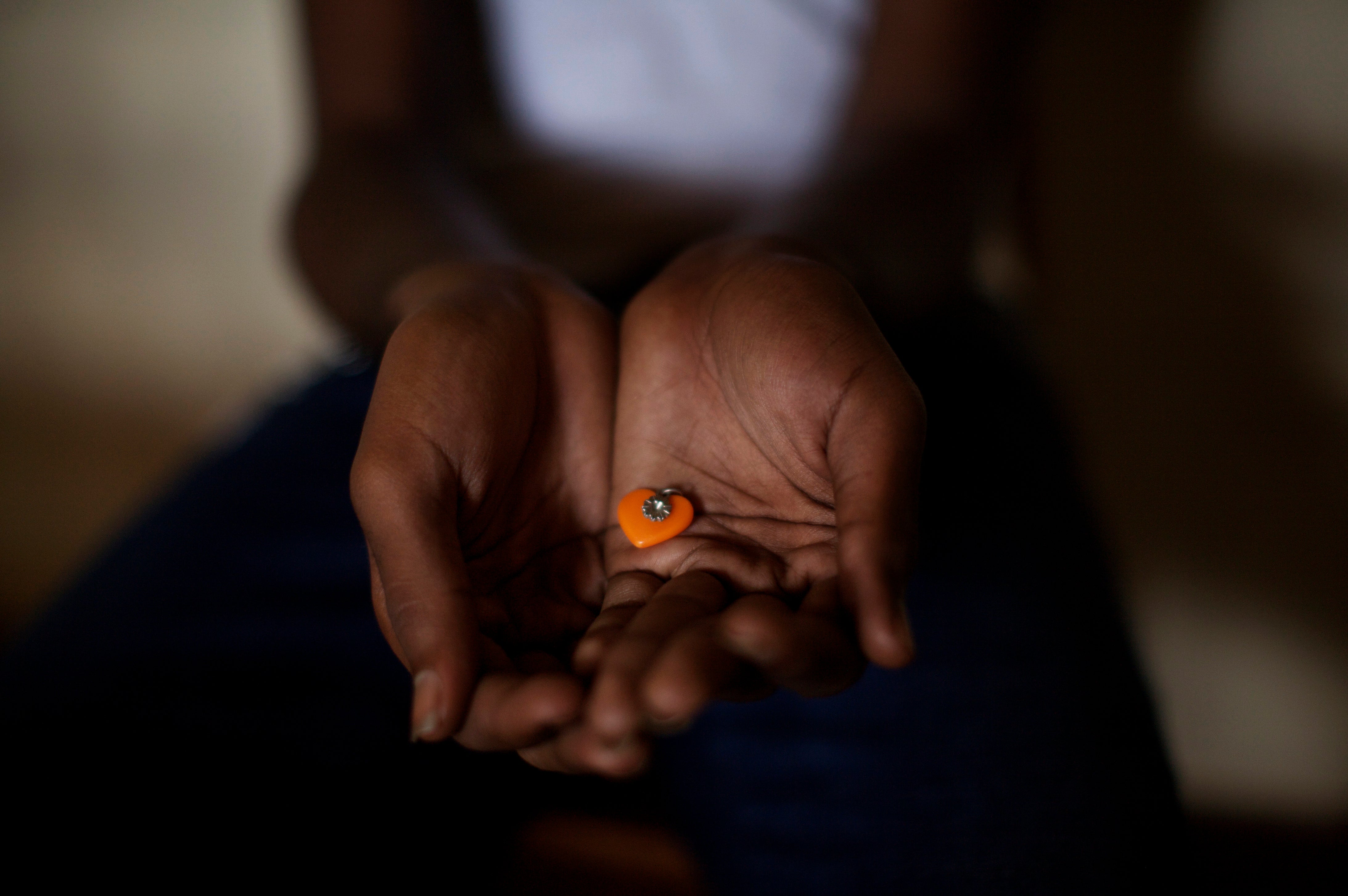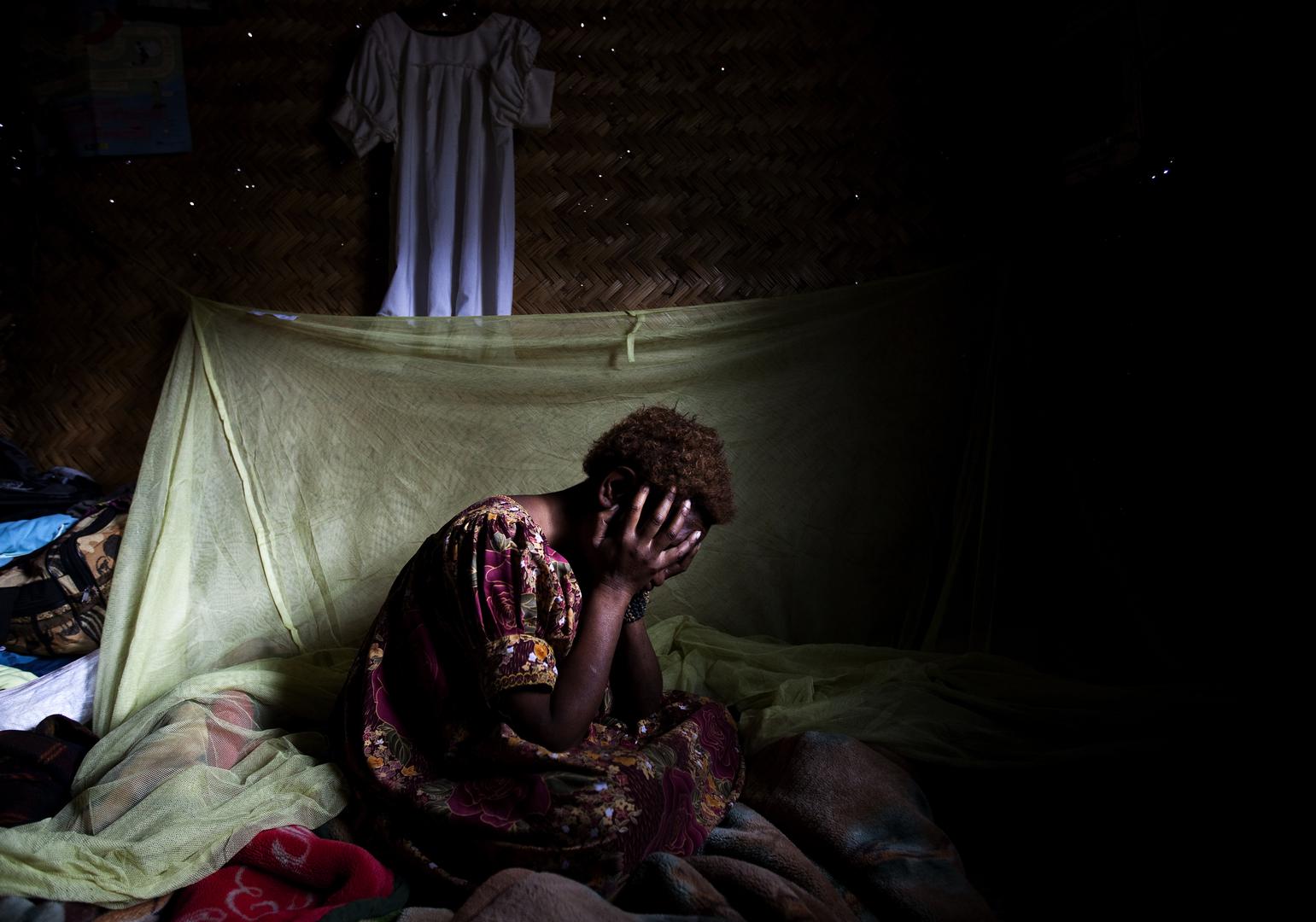Kazakhstan’s human rights record seriously deteriorated in 2012, following violent clashes In December 2011 between police and demonstrators, including striking oil workers, in western Kazakhstan. Authorities blamed outspoken oil workers and political opposition activists for the unrest. Freedom of assembly is restricted and dozens were fined or sentenced to administrative arrest in early 2012 for participating in peaceful protests. A restrictive law on religious freedoms remained in force. Media remains under tight control and there were attacks on independent journalists. Legislation regulating workers’ rights is vague and burdensome, and a ban on strikes in certain sectors of the economy improperly restricts workers’ rights.
Parliamentary Elections
Despite the state of emergency in effect in the western Kazakh oil town of Zhanaozen, Kazakhstan held early parliamentary elections on January 15, 2012. The Observation Mission of the Organization for Security and Co-operation in Europe’s (OSCE) Office for Democratic Institutions and Human Rights (ODIHR) concluded that the vote did “not meet fundamental principles of democratic elections,” and the authorities did not provide “the necessary conditions for the conduct of genuinely pluralistic elections.”
Conduct of Police and Security Forces
On December 16, 2011, clashes broke out between police and demonstrators, including striking oil workers, who had gathered in Zhanaozen’s central square. In response to the clashes and subsequent mayhem, police and government troops opened fire, killing 12 and wounding dozens, according to government figures. Three further people died in the clashes and several police officers were injured. On December 17, police shot dead a protester in Shetpe. The security forces’ use of force and firearms did not appear to be justified or proportionate. In May 2012, five officers were convicted for “abuse of power,” but no officers were held accountable for the sixteen killings. In trials that did not adhere to international human rights standards, courts convicted a total of 45 oil workers and demonstrators for participating or organizing mass riots, putting 17 behind bars.
Detention of Activists
During 2012, the authorities amnestied a number of imprisoned activists, including, Kazakhstan’s most prominent human rights defender Yevgeniy Zhovtis, union lawyer Natalia Sokolova, and political activist Aidos Sadykov. Vadim Kuramshin, a civil society activist arrested in January on various charges, including extortion, was released in August on a one-year suspended sentence. However, after he spoke at an OSCE meeting in September in Warsaw, an appeals court sent his case for retrial. Kuramshin was rearrested, raising fears his detention was retribution for his public criticism of the government. His case was ongoing at this writing.
Starting in January, authorities misused criminal charges to arrest over a dozen others, including Vladimir Kozlov,the leader of the unregistered opposition party Alga!, civil society activist Serik Sapargali, and oil worker Akzhanat Aminov. On October 8, in a politically motivated trial marred by due process violations and vague and overbroad criminal charges, a court sentenced Kozlov to seven-and-a-half years in prison. Sapargali and Aminov will serve suspended sentences. Following Kozlov’s conviction, the United States expressed serious concern about “the government’s apparent use of the legal system to silence political opposition.” In November, Kozlov’s sentence was upheld on appeal.
Torture
Detainees made credible and serious allegations of torture in 2012, particularly in the aftermath of the Zhanaozen violence. The authorities failed to take any meaningful steps to thoroughly investigate these allegations or hold the perpetrators accountable, reinforcing a culture of impunity.
Between December 16 and 19, 2011, police detained hundreds of people in Zhanaozen, several of whom stated that police kicked and beat detainees with truncheons, stripped them naked, walked on them, and subjected them to freezing temperatures. In March, defendants at one of the trials following the Zhanaozen events testified that guards and investigators subjected them to physical and psychological abuse, including beatings, suffocation, and threats of rape or harm to family members. The prosecutor’s office declined to open a criminal investigation.
On December 22, Bazarbai Kenzhebaev, 50, died from wounds he sustained in police custody. Kenzhebaev had described to his family how police severely beat him, forced him to undress, lie face down on the floor and walked on him, stepping on his head. In May, the former director of the Zhanaozen temporary detention facility was sentenced to five years in prison, but those directly responsible for the beatings that led to Kenzhebaev’s death have not been held accountable.
Human rights groups expressed concern about Vladislav Chelakh, a 19-year-old border guard accused of murdering 15 colleagues at a Kazakhstan-China border post. The groups said the authorities held him incommunicado for weeks and coerced his confession. His case, ongoing at this writing, had been marred by irregularities.
Freedom of Expression
In December 2011, Kazakh authorities declared a state of emergency in Zhanaozen, temporarily blocking several key websites, including Twitter, across Kazakhstan. Other popular websites, including the blogging platform Livejournal, remained blocked at this writing. Independent journalists continued to be targeted for their work. One journalist, Lukpan Akhmedyarov, was hospitalized in March 2012 following a vicious attack by unknown assailants. Libel remains a criminal offense and journalists are forced to pay prohibitive fines in defamation lawsuits.
In January, President Nazarbaev signed a new controversial broadcast law even though the previous month the OSCE Representative on Freedom of the Media Dunja Mijatović had urged the president to veto the bill.
In January and February, authorities arrested civil society activists for “inciting social discord,” a vague and overbroad charge that can be used to criminalize legitimate exercise of the rights to freedom of expression and association as protected under international human rights law. They arrested Vzglyad editor-in-chief Igor Vinyavskii in January on charges of “calling for the forcible overthrow of the constitutional order.” He was released two months later after his case received sustained international attention, including from the OSCE representative on freedom of the media, who in January called for his “immediate release.”
Freedom of Assembly
Kazakh authorities maintain restrictive rules on freedom of assembly. In response to a series of public protests in the first half of 2012, the authorities detained and fined opposition and civil society activists and others for organizing and participating in unsanctioned protests, sentencing some to up to 15 days in prison and fining others up to US$550.
Freedom of Religion
Following the 2011 adoption of a restrictive law on religion—which outlaws any practice of religion in association with others without state permission—respect for religious freedoms continued to decline, according to Forum 18, an independent, international religious freedom group. In 2012, hundreds of small religious communities have been forced to close, unable to meet the 50 person membership requirements for re-registration, compulsory under the new law.
Makset Djabbarbergenov, aprotestant pastor from Uzbekistan who sought asylum in Kazakhstan in 2007, was arrested by Kazakh authorities on September 5, 2012, and currently faces extradition to Uzbekistan where he faces criminal charges of illegally teaching religion and distributing religious literature.
Child Labor in Agriculture and Labor Rights
The Kazakhstan government and several companies violated fundamental labor and other rights of thousands of workers employed in the country’s petroleum sector in 2011. Burdensome collective bargaining requirements and a broad prohibition on the right to strike violate workers’ rights. Proposed amendments to Kazakhstan’s law on unions, and administrative and criminal codes, would further restrict workers’ rights and did not appear to meet international standards concerning freedom of association.
Risk of debt bondage and cases of hazardous child labor persist on some farms, despite steps by Philip Morris Kazakhstan, a subsidiary of Philip Morris International, to increase protections for migrant tobacco workers, including insisting on written contracts and improved training. Following her September visit, UN Special Rapporteur on Contemporary Forms of Slavery Gulnara Shahinianindicated that complex legal requirements for employing migrants and obstacles to migrant children attending schools may undermine the government’s progress in preventing forced labor and hazardous child labor.
Key International Actors
Kazakhstan’s key international partners have failed to respond to serious human rights abuses in Kazakhstan in 2012 with any discernible policy consequences. Instead, in February 2012, the US upgraded relations by agreeing to commence “Strategic Partnership” dialogues in place of the annual bilateral consultations. No known human rights benchmarks were set in advance of upgrading US-Kazakhstan relations.
In 2012, the European Union and Kazakhstan held several rounds of negotiations on an enhanced Partnership and Cooperation Agreement (PCA), which promises preferential political and economic ties to Kazakhstan. However, the EU has not set any clear human rights benchmarks for enhanced engagement, despite a March 2012 statement by the EU High Representative for Foreign Affairs and Security Policy Catherine Ashton that the “successful conclusion of the negotiations will be influenced by the advancement of democratic reforms,” and a March 2012 European Parliament resolution that states “progress in the negotiation[s] … must depend on the progress of political reform.”
In July, United Nations High Commissioner for Human Rights Navi Pillay visited Kazakhstan where she issued a highly critical statement on the country’s deteriorating rights record and calling for “an independent international investigation into the [December] event” in Zhanaozen. Previously, in December 2011 and February 2012, Ashton had called for an “objective and transparent investigation of the events.” The US also called for a “complete impartial investigation” into the Zhanaozen violence.




